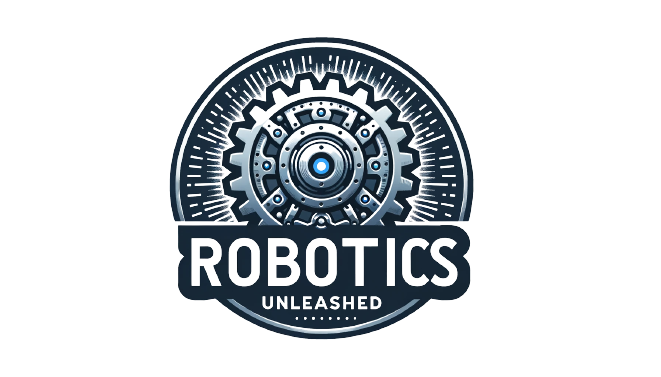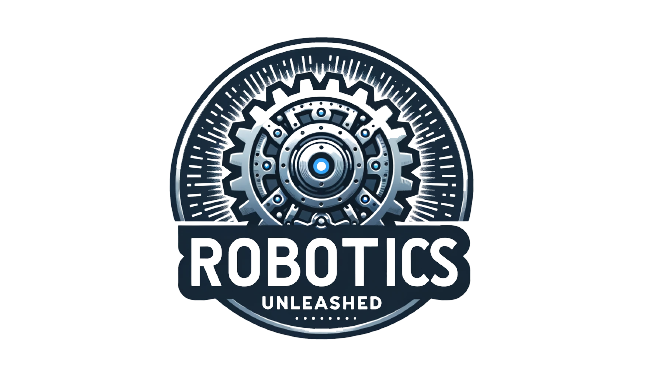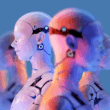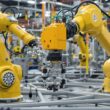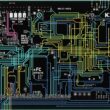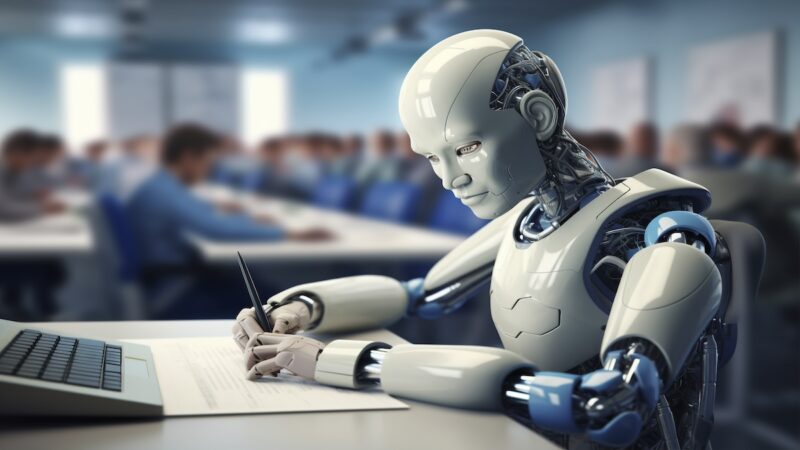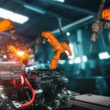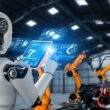Robots are changing industries faster than ever with AI powered solutions that were once science fiction. By putting artificial intelligence into robots industries are moving towards systems that can learn, adapt and optimise, making processes more efficient and reducing human error. Key advances in machine learning, computer vision and natural language processing have enabled robots that are not only automated but actually smart. From manufacturing to healthcare AI powered robotics is creating smarter more adaptable machines that are changing the way we do things.
Smarter Machines in Manufacturing
One of the biggest industries benefiting from AI powered robotics is manufacturing. Historically robots have been used in factories to do repetitive tasks that require high precision such as welding, assembly and painting. However traditional robots operate on pre-programmed instructions so they are limited in their ability to adapt to new or unexpected conditions.
Today AI is changing that. For example BMW have implemented AI driven robots in their factories that use machine learning to inspect and assemble parts with unmatched precision. These robots have sensors and cameras so they can analyse each component in real time, adjust their grip strength and detect defects with far greater accuracy than human workers or traditional robots. As a result BMW have seen better quality production and less downtime due to early defect detection, a faster more cost effective process.
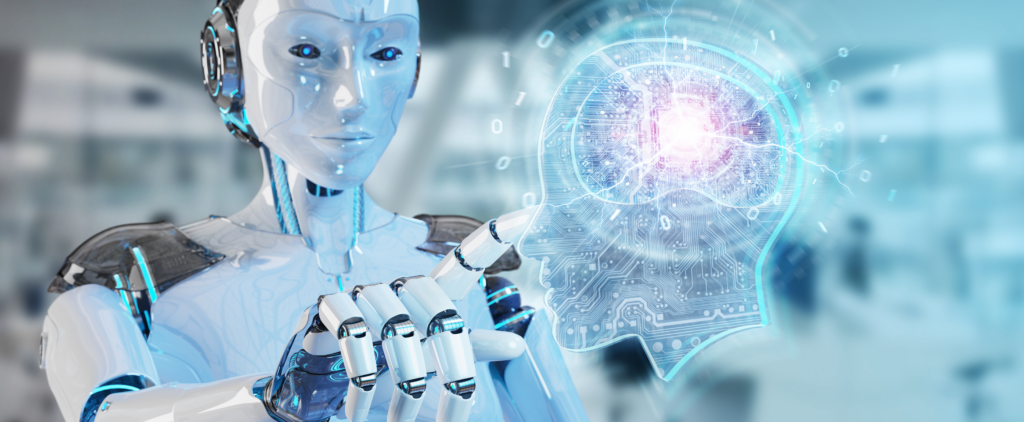
AI Robotics in Agriculture
Agriculture is another area where AI is having a transformative impact. Agricultural work is often labour intensive and reliant on human labour for tasks such as harvesting, planting and crop monitoring. However with labour shortages and the need for sustainable practices AI powered robots are stepping in to fill the gap.
John Deere, a leading manufacturer of agricultural equipment, have developed an autonomous tractor that uses AI to optimise planting and harvesting. This AI driven tractor can navigate fields autonomously, analysing soil conditions, crop density and weather data to make decisions in real time.
John Deere’s AI system can also distinguish between crops and weeds, so it can apply herbicides selectively, reducing chemical usage and supporting sustainable farming practices. The introduction of these smart machines not only addresses labour shortages but also increases yields and reduces environmental impact.
AI Robotics in Healthcare
In healthcare, AI robotics is helping to improve patient care and support medical professionals. Robots in this field need to be precise, often working alongside surgeons to get better outcomes in complex procedures.
For example, Intuitive Surgical’s da Vinci Surgical System has changed minimally invasive surgery. The system combines AI algorithms with robotic arms that respond to the surgeon’s movements with greater precision. The AI part of the system is always analyzing movements and giving real-time feedback, reducing the chance of error. Surgeons using the da Vinci system can do complex procedures with smaller incisions, resulting in less recovery time and fewer complications for patients.
Future and Challenges
While AI robotics is huge, it also comes with challenges – ethical considerations, job displacement and robust cybersecurity. Industries need to balance the benefits of these smart machines with responsible deployment and workforce retraining.
In summary, AI robotics isn’t just automating; it’s creating decision making, adapting and improving systems. By putting AI into robotics, industries are getting more efficient, precise and sustainable. As AI technology advances, we’ll see smarter machines changing industries, making processes safer, more efficient and more sustainable.
